Bill Shankly’s arrival at Liverpool on the cusp of the 1960s set the club on course to establish a dynasty.
“Mr Bill Shankly, manager of Huddersfield Town was last night appointed manager of Liverpool Football Club in succession to Mr Phil Taylor, who resigned on November 17.”
The day was December 1, 1959 when Liverpool chairman TV Williams released the statement that would forever alter the foundations of the football club.
Liverpool had a barren run in the 1950s which left little, if anything to celebrate, as the club were consigned to relegation for the first time in half a century and secured their lowest-ever final league position as both Don Welsh and Phil Taylor were the fall-guys throughout the decade.
There was a resistance to parting with the necessary funds to turn Liverpool’s fortunes around and a boardroom football historian Neil Carter argued was “riddled with complacency and characterised by staleness and immobility” like most clubs in England at the time.
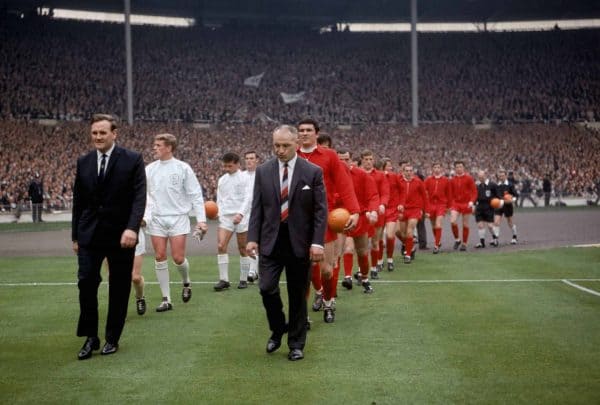
The club was languishing in the second division and a new leader, visionary and trailblazer was required.
Shankly would prove to be all that and more.
A Daily Post reporter at the time was quick to assess that “the new manager’s confidence and firm resolve are infectious” and that “nobody can be in his company for more than a few minutes and not realise that here is [a] rare driving force.”
When Shankly signed he had agreed to stay on with Huddersfield until the new year but circumstances changed and on December 14, 1959, the great Bill Shankly took up permanent residence of the manager’s seat at Anfield.
The Scot demanded the very best from everyone around him and gave everything he had in return.
Immediate results were not kind as his first game at the helm was a 4-0 loss on home soil to Cardiff City which was then followed by a 3-0 Boxing Day defeat at Charton.
A rebuild was required but he was initially told there were no resources and soon realised that the club’s ambitions were not in line with his own.
Eric Sawyer, finance director, persuaded the board to invest in Shankly and his plans and they got the green light. Ian St John and Ron Yeats landed at Anfield and proved to be the start of the revolution as the ‘the corner-stone’ of his side.
The connection between himself, the city and its people was instantaneous. Shankly recognised the key character traits of those he served.
“They’re arrogant, they’re cocky, and they’re proud. They’re my kind of people.”
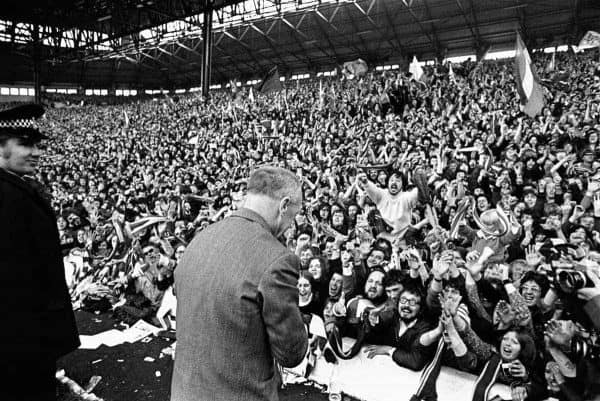
He presented a powerful aura which left many with no choice but to follow and emotionally invest, the conductor of a new powerful force which would soon rise back to the top of English football and then European football.
“My idea was to build Liverpool into a bastion of invincibility.”
The ‘Boot Room’ and improvements at Melwood were key, as were overhauling the preparation and training methods which lay the foundations for a standard of play which would become known as ‘The Liverpool Way’.
For Shankly, who was not shy in being ruthless, and Liverpool, they were greater than the sum of their parts and by the end of the 1961/62 season, they were promoted back to the First Division as champions.
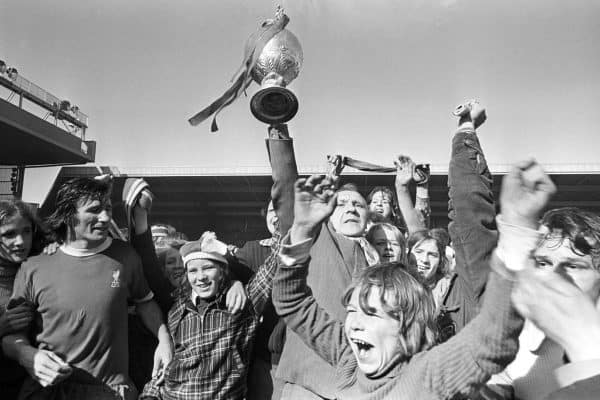
And in just the second full season back in the top-flight, Shankly ended a 17-year wait for a major honour and with it kickstarted an era of dominance both in England and the continent.
Shankly empowered his players and the fans, made Anfield a fortress and catapulted the club to the top of world football – a man of the people and the greatest signing the club ever made.
“Liverpool was made for me and I was made for Liverpool.”
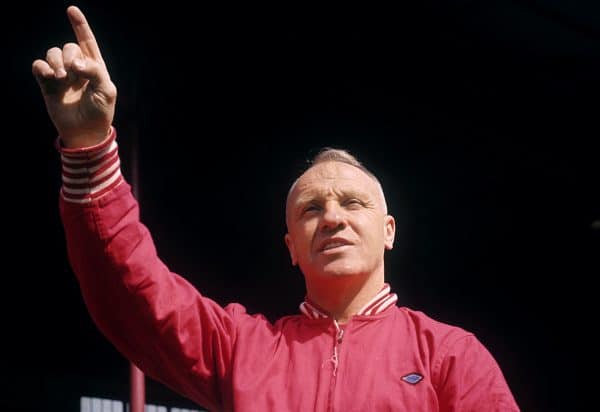
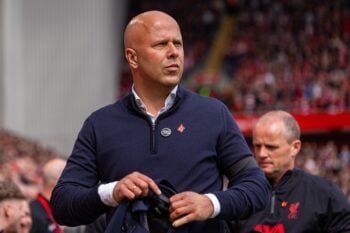
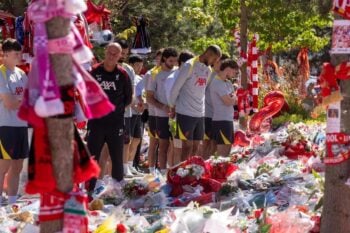
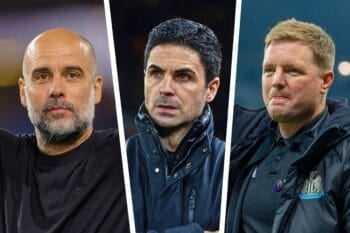

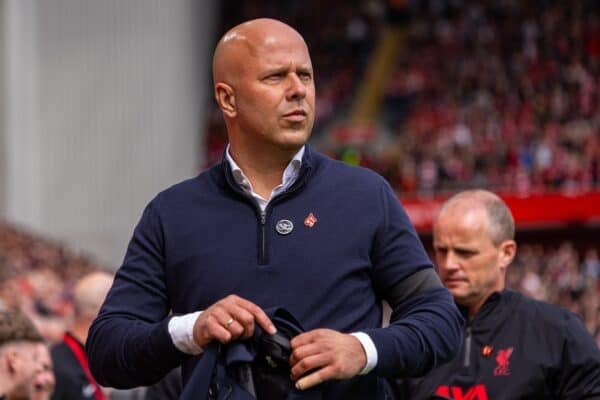
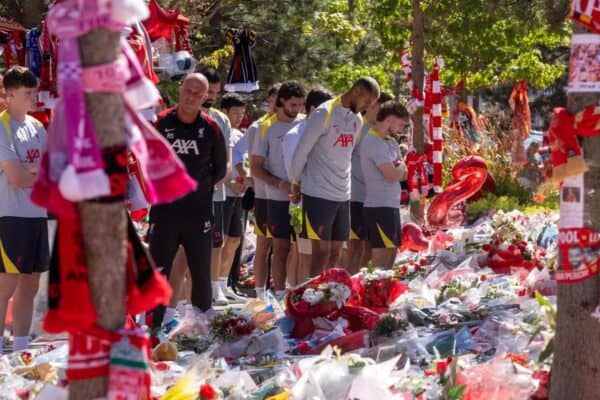
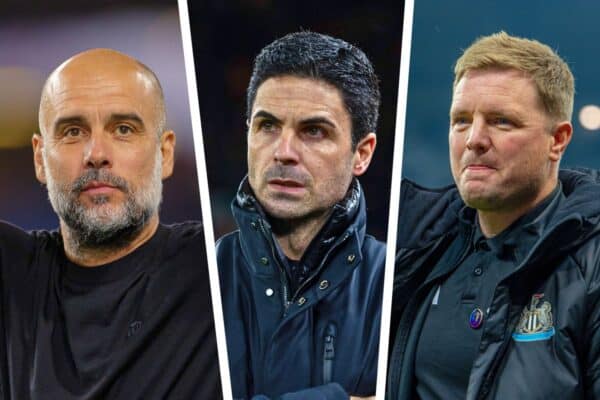









Fan Comments